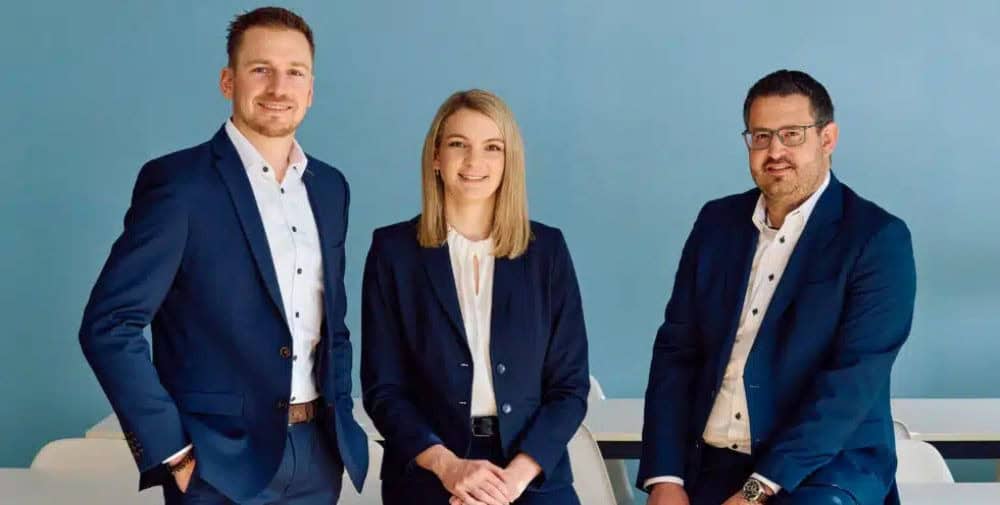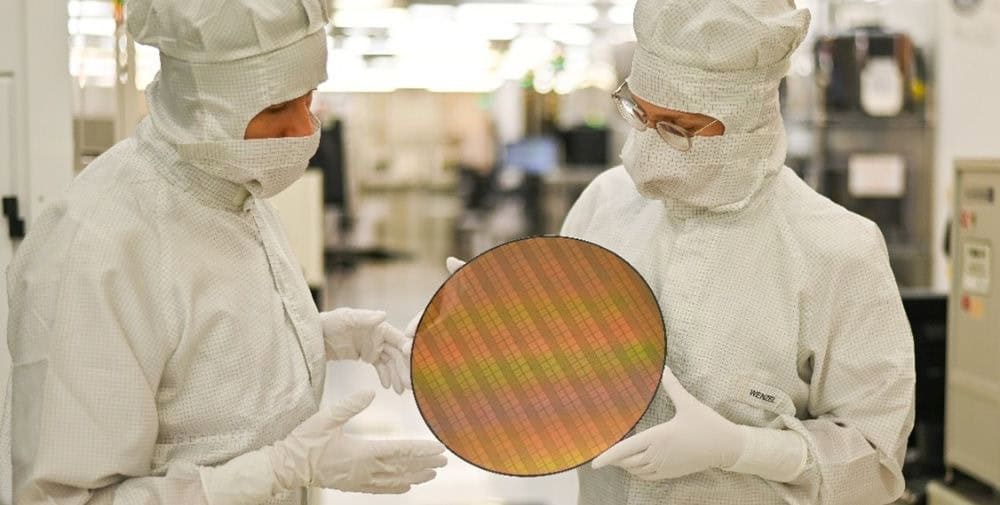
“2 times 3 makes 4, widdewiddewitt, and three makes nine!!! I make the world, widdewidde as I like it…”. Pipi Longstocking was a child with below-average arithmetic skills. Despite this “flaw”, she was all the happier and cleverer. She always knew a solution to problems. She got through life, even when she had to fend for herself without a mother and far from her father. If PISA had met Pipi back then, it would probably have ended in disaster – probably for PISA. Fortunately, both sides were spared this misery.
Don’t pigeonhole children.
Evaluate children solely on the basis of test results. Putting them in boxes with non-trivial knowledge and in separate subject areas. To divide them into categories and thus pigeonholes. And then to diligently lump them together. All of this is certainly not only causing parents a great deal of discomfort these days. The media is currently outdoing itself with snappy headlines. But have they ever tried their hand at the tasks of this year’s PISA study? Here’s the opportunity for you. Yes, Germany currently not only has a problem with its favorite child, soccer. Germany’s second favorite child is obviously not being supported in a way that they deserve. Instead, an entire generation is being pilloried.
World class needs more than pure performance.
As with the topic of soccer, an endless stream of “I’ve always said it”, “this generation is no longer what it used to be” and “it wouldn’t have happened back then” pours over those who are least responsible. Those 6116 participants who stood in the PISA rankings for Germany and fought a losing battle. 25th place out of 81, not among the best in the world. Mediocre in terms of performance. 100 points behind leader Singapore in math. 63 points behind in reading. 69 points behind in science. Politics, business and, above all, the education sector are hardly comforted by the fact that nations such as France, Spain and Italy are exceptionally behind us in this world championship.
We would like to be as good as Singapore (1st place), Macau (China, 2nd) and Chinese Taipei (3rd). Countries where learning still seems to be fun, or at least where there is so much pressure on children and their future plans that they are still willing to struggle. The main thing is to be the best in the world. But we are not! And now? Now everything is bad. The “Program for International Student Assessment”, or PISA for short, has finally shown us.
Corona is not to blame. Germany overslept.
Since 2000, the Organization for Economic Cooperation in Europe (OECD) has conducted this assessment center for 9th grade adolescents every three years. Until 2012, the German scores improved in every edition. And we were all proud. Since 2012, we have been regressing. In 2022, we finally landed below the values of the starting year and are thus statistically worse than NEVER before (in the past 22 years). Germany’s students – in the ninth grade – are now a whole school year behind the world leaders, they say. A scandal! Or simply a sign of a time that Germany and those who should have known better have pompously overslept? Instead, corona is now being used as an excuse.
The signs were already there in 2015 and 2018. Even then, the German education system was not managing to get the best – not the maximum – out of its aspiring young talent. Children want to be inspired. They want to be taken seriously, motivated and carried away. But a system that relies on “we’ve always done it this way” rather than “we’ve never thought of that before” just doesn’t achieve this. There is a shortage of teachers in many places. The existing ones are working on the brink of exhaustion and have been saying for years that more of them are needed. Lateral entrants often fill the gaping personnel gaps. There is rarely room for creative development in this mixed situation. Instead, the motto is “work it out and get on with it”. Billions have also been promised and made available for the “digitalization of the education sector”. Without a proper plan, without a strategy, little happened afterwards. Individual schools, such as our partner grammar schools – the Martin-Andersen-Nexö-Gymnasium Dresden (MANOS) and the M.I.T. Gymnasium Dresden-Pieschen – show what is possible under these conditions, but are also struggling with the shortage of teachers.
Solutions are plentiful. They just need to find their way into schools.
The University School Dresden and projects based here such as “Schule bewegt Sachsen” present solutions for the current challenges in the education sector. However, as in a good network, it takes cooperation, time and not least the economic conditions to make what is possible possible. In any case, education should never be about being better than others. It should be about being able to become the best that each of us can be. It doesn’t matter whether an engineer, a kindergarten teacher, a computer scientist or a mechatronics technician ends up enriching the job market. The main thing is to be a specialist. The main thing is to be happy in the profession that provides you with the income you need to live.
And this is exactly where the schools of today and tomorrow need to start. Organizations such as the OECD are also needed. Instead of promoting country comparisons that the modern world does not need, it would be better to promote exchanges between educational nations. Systems should be developed that offer children and young people the same opportunities, regardless of their nationality, religion or “economic caste”. That show them the path to happiness that every child deserves. The fact that children with financially better-off parents celebrate more successes than children of financially less well-off parents should give us all pause for thought. The fact that girls are not as convincing in STEM subjects as boys is no less an indictment – for us as a nation and the entire education sector, mind you.
The “land of engineers” must offer the stage to the clever and committed.
Education is not rocket science. And if that dubious PISA study has any merit, it points the finger at which nations in the past and present have done their homework. Which nations are able to develop children. Finding out whether these paths really lead to happiness is a challenge that nevertheless remains. In any case, the goal should never be to drive children down the educational conveyor belt in an industrial style to become the most urgently needed skilled worker.
The “land of engineers”, and everyone must be aware of this, has clever children! It is currently only failing to develop them into happy, fulfilled adults who flourish according to their abilities. But you don’t need PISA to realize this, you just need to look at the many schools in our country that are fighting hard for their students. Projects such as our “Programming with Calliope mini” show that there are plenty of committed and motivated people in schools, companies, political parties, ministries and associations in Germany. Numerous volunteers are already involved here, with the support of these players, to bring new knowledge to our elementary school in an exciting way.
In addition, our podcast “Hallo Zukunft” provided a platform for clever and committed people to discuss the topic “Designing instead of consuming – how do we make our children digitally fit?” and highlight existing solutions and concepts. Andreas Koch (CEO, Code it!), Kerstin Ines Müller (Director, M.I.T.-Gymnasium Dresden-Pieschen), Heike Wilson (Managing Director, DUALIS GmbH IT Solution) and Steve Federow (Workforce Development Lead, GlobalFoundries) put their finger on the “German education wound”. They highlighted the gaps and hurdles in our education system. But also how digital education works, who needs to be involved in our children’s education and how schools can function in the future.
Hot recommendations, not only for all those who have the thankless task of finally tackling what has been neglected for far too long: The happiness and success of our children.
– – – – –
Further links
👉 Podcast “Hello Future”
👉 Project “Programming with Calliope mini”
Photo: pixabay


